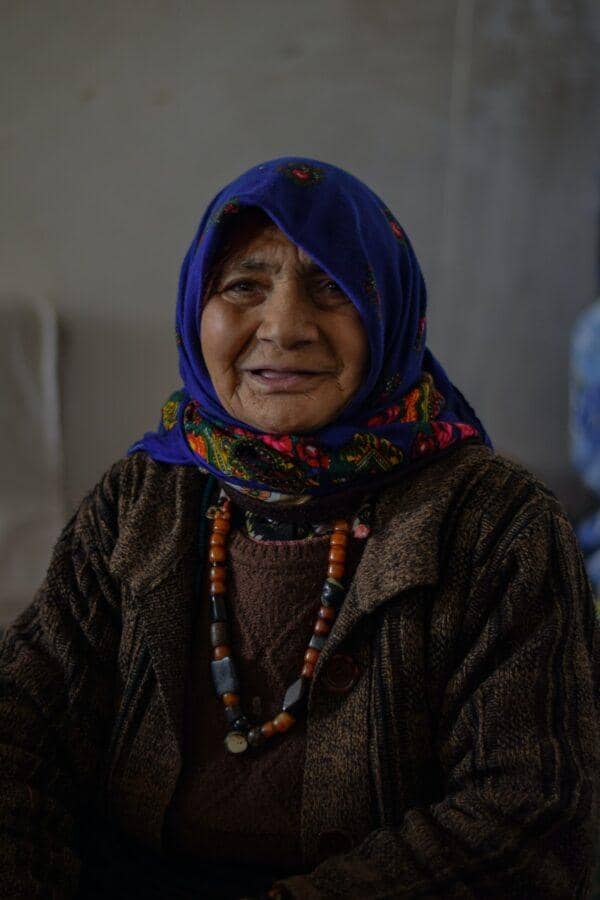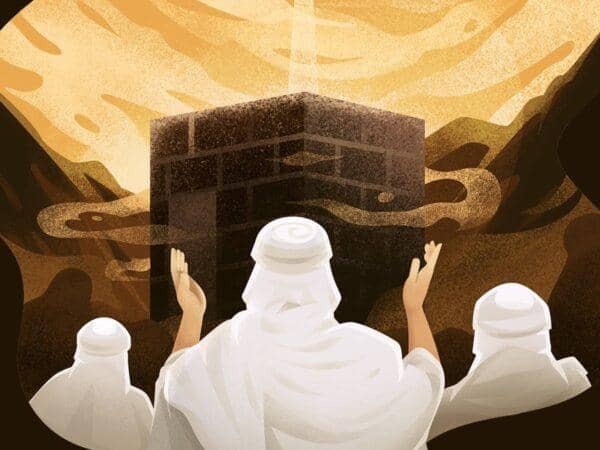In the rich tapestry of Islamic tradition, the concept of Sadaqah Jariyah stands as an epitome of enduring benevolence. Considered one of the most rewarding practices in Islam, Sadaqah Jariyah creates a continuous ripple of blessings not just for the benefactor but also for those who’ve passed away, such as our parents. This article aims to shed light on Sadaqah Jariyah, its significance for parents, and how it intertwines with the broader Islamic philosophy of spirituality.
Understanding Sadaqah Jariyah
Before we delve deeper into the concept, it’s important to understand what Sadaqah Jariyah entails. The term originates from Arabic, where ‘Sadaqah’ signifies ‘charity’, and ‘Jariyah’ means ‘continuous’. Thus, Sadaqah Jariyah refers to an ongoing charity that continues to reap rewards for the giver, even after their departure from this world.
In a prophetic Hadith, the Prophet Muhammad (peace be upon him) said, “When a man dies, his deeds come to an end except for three things: Sadaqah Jariyah (ceaseless charity); a knowledge which is beneficial, or a virtuous descendant who prays for him (for the deceased)” [Muslim]. This underpins the enduring value of Sadaqah Jariyah in Islam.
The Impact of Sadaqah Jariyah for Parents
Sadaqah Jariyah holds a special place when it comes to honoring our departed parents. As believers, we seek ways to benefit our parents in their afterlife, and Sadaqah Jariyah provides a beautiful avenue for this. By dedicating a Sadaqah Jariyah on their behalf, we can help their soul reap its rewards, amplifying our expression of love and respect towards them.
This can take various forms like safe water supply projects, educational programs, orphan’s sponsorship, planting trees, or spreading beneficial knowledge. Each time someone benefits from these acts, the reward reaches our parents in the afterlife, creating a cycle of continuous charity.
Sadaqah Jariyah: A Path to Spiritual Growth
Lastly, it’s essential to reflect on how Sadaqah Jariyah contributes to our spiritual progression. Islam encourages its followers to be socially responsible and empathetic. By participating in Sadaqah Jariyah, we not only aid those in need but also cultivate a sense of selflessness and magnanimity.
Sadaqah Jariyah is an embodiment of the Quranic verse, “Never will you attain the good [reward] until you spend [in the way of Allah] from that which you love” [3:92]. This act of charity allows us to detach from materialistic desires and move closer to spiritual fulfillment.
Sadaqah Jariyah serves as an enduring bridge between us and our deceased parents, allowing us to honor their memory in a way that aligns with the benevolent teachings of Islam. Furthermore, it offers a path towards spiritual growth, reinforcing the Islamic principles of compassion, generosity, and selflessness. By engaging in Sadaqah Jariyah, we not only contribute to societal betterment but also ensure the spiritual welfare of our departed loved ones, creating a lasting legacy that transcends the boundaries of this transient world.
















